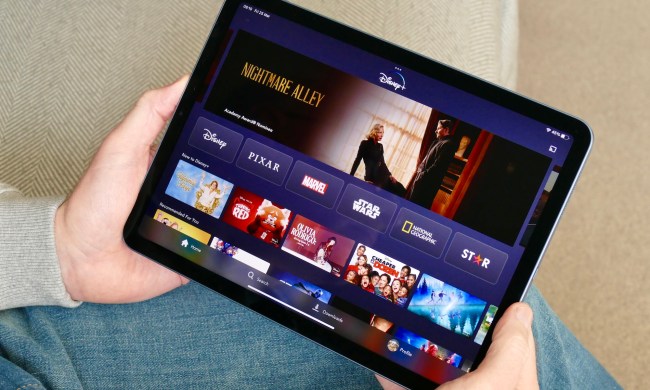Finland’s market-leading mobile phone maker Nokia already claims to be the world’s largest manufacturer of digital music players, since it shipped more than 15 million music-enabled devices during the second quarter of 2006, and 45 million during 2005. Now, the company wants a bigger foothold in he mobile music business: Nokia announced today it has entered an agreement to aquire digital music distributor Loudeye for $60 million. Loudeye carries a licensed music catalog of over 1.6 million tracks from major and independent music distributors.
The Loudeye acquisition paves the way for Nokia to offer users a complete, end-to-end mobile music “experience,” including Nokia-made mobile devices, applications, and the capability to purchase digital music.
“Music is a key experience for Nokia and Nokia Nseries multimedia computers and we want to be able to offer the best fully integrated mobile music experience to our customers. Loudeye brings a number of key assets to Nokia, including a great team of people, a substantial content catalogue and a robust service platform that will help us to achieve this objective,” said Anssi Vanjoki, Nokia’s executive vice president and general manager of Multimedia, in a statement.
Loudeye is based in Seattle, Washington, but employs about 130 people in five countries, including the U.K., Germany, France, and Italy—it may be better known for the name of its subsidiary, OD2 Services, which was ony of the first online music vendors in Europe. It currently operates several dozen live services in over 20 countries and in several languages, handling content aggregation and rights management for music and other content services.
Nokia’s move towards an end-to-end music solution—not unlike Apple’s iPod/iTunes model and the rumors business structure of Microsoft’s forthcoming Zune offering—may be intriguing, but faces a major hurdle in that Nokia doesn’t operate its own mobile phone networks: instead, its devices are marketed by network operators like Sprint, T-Mobile, Vodafone, and others, all of whom want to lock customers into their own mobile music revenue streams, er, “solutions.” Nokia is hoping that as mobile handset capabilities expand to embrace Wi-Fi, UMA, and WiMax technologies, those mobile network operators won’t be able to claim exclusive control of Nokia handset users, providing the Finnish company an opportunity to get its end-to-end solution into customers’ handsets. Time will tell.

